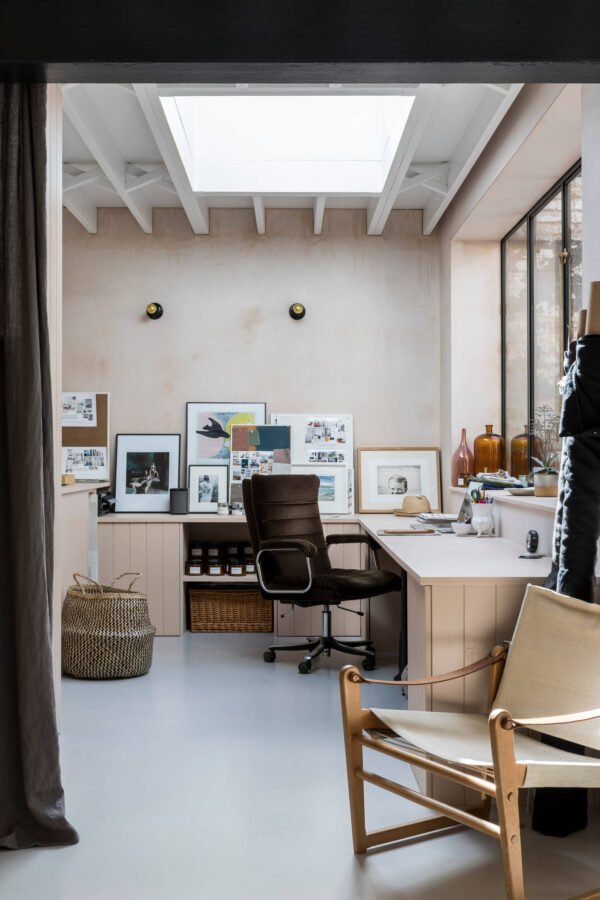
Common Baby Nap Mistakes and How to Avoid Them, According to an Expert

Establishing a consistent sleep routine for your baby is tough and naps can be especially tricky. Every parent should trust their instincts and do what they feel is right for their tot, but getting those all-important rests in can be a challenge!
If this sounds familiar, you’re not alone. There are some common baby nap mistakes parents often find themselves making like not noticing when they’re tired, or trying to get them to stay up late so you can sleep in. But you can improve your baby’s sleep schedule and better support their development with a few simple tips.
My name is Tami Wornham, I’m a professional baby sleep consultant from Hubble Connected and founder of The Baby Days. Now, I’m sharing my top tips to help you overcome common nap hurdles – this can be a mountain to climb, but you will reach the other side.
1. Avoid putting your baby down when they’re not tired.
Putting your baby down for a nap when they’re not tired is counterproductive. Lots of parents use wake windows to predict naps and while they can be useful as a guide, it’s important to remember that every baby is different. You can look for tiredness cues like yawning.
2. Don’t have too many naps on the move.
Being able to go out and about with your baby is great, but sometimes naps on the go can make them overtired and affect their night-time rest. Try to aim for one nap in the daytime, either at home in their cot or a contact nap. A Moses basket is a great choice for keeping them close if you’ve still got work to do, or if you want to take a nap too! The Little Green Sheep has a great range of natural Moses baskets that are perfect for those first six months. The important thing is that you find a balance. Babies can nap too much or not enough – one nap throughout the day is a helpful rule of thumb.
3. Keep up naps and don’t drop them too soon.
Some parents are keen to drop naps quickly. But this often leads to babies having very long wake windows. In turn, they might find it hard to cope, becoming very fussy at bedtime and staying awake at night. Reduce their naps gradually and monitor how your little one is doing each time. Don’t cut naps out all at once.
4. Try to be consistent.
This is easier said than done, but remember that babies love consistency. Naps will become easier if you schedule them for the same time each day. Your baby’s body clock will come to expect a nap at that time, and that helps them settle.
5. Keeping them up for a lay-in.
If you’re desperate for a lay-in, you might be tempted to keep your tot up a little later, so they’ll get that late-morning rest with you. But your baby’s internal clock will wake them up around the same time every morning, no matter when you put them to bed. The only thing that keeping them up will achieve is an overtired, fussy baby, so try to stick to your routine if you can.
6. Not looking out for their sleep cues.
Understanding and recognising your baby’s sleep cues is important. This will help you develop healthy sleep habits, figure out when your little one needs rest, prevent overtiredness and support their overall development. Luckily, some signs are easy to recognise, such as fussiness, pulling their ears, reduced smiling, yawning, and sucking fingers. Every baby is unique, so you’ll learn to spot their specific cues.
You can also use sleep aids like Sleep Trainers, which are designed to foster melatonin production through soothing lights and sounds, providing a gentle approach to training babies for better sleep.
7. Putting too much pressure on yourself.
Managing your baby’s sleep is a difficult process. This is a journey, and you shouldn’t put pressure on yourself to get things right all the time. Your baby will also naturally show signs of sleep regression at some point – there might be no rhyme or reason to it, so don’t blame yourself. Embrace any help that comes your way, invest in ‘you time’ when you can, and use a baby monitor to keep an eye on your little one remotely. Most importantly, be kind to yourself.
Visit www.hubbleconnected.co.uk for a range of products that help to monitor your baby whilst asleep or playing.
Written by Tami Wornham, a professional baby sleep consultant from Hubble Connected and founder of The Baby Days.












































